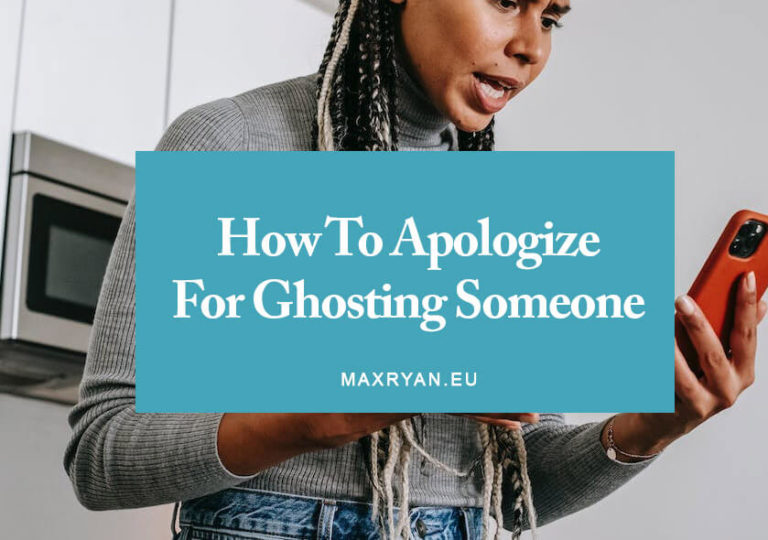Taking things personally in a relationship can be a destructive habit. Whether it’s an argument with a spouse, an insult from a family member, or a misunderstanding with a friend, it’s easy to take things to heart and let our emotions get the best of us.
It’s also understandable; after all, we all have triggers and need to feel supported in our relationships. That said, taking things personally can become a habit, draining our emotional energy and damaging our relationships. With the right tips and strategies, however, it’s possible to stop taking things personally and build resilience to protect our mental and emotional well-being.
Learning how to take a step back, recognize our triggers, and be honest with ourselves is an important first step in developing the resilience we need to grow and thrive.
Recognizing our triggers
It can be easy to take comments personally, especially when we feel emotionally connected to our partner. What may appear as a harmless joke to one person can cause another to feel attacked, hurt, or misunderstood. The best way to identify our triggers is to look at how we feel when a certain situation arises.
Does a certain topic tend to make us feel defensive? Does a certain phrase trigger an immediate reaction? We can also look at the relationships in our lives and consider the kinds of situations that cause us to feel threatened. A helpful way to do that is by keeping a journal and writing down the events of your day. You can also use an app to track your feelings to get an even better sense of your triggers.
Developing self-awareness
Self-awareness is an important part of developing resilience in our relationships. When we become aware of our feelings and triggers, we’re better positioned to manage them. It’s important to note that we all have both positive and negative emotions.
By becoming more aware of the types of situations that trigger us, we can learn to manage our emotions and respond in a healthier way. Some helpful strategies to develop self-awareness include keeping a journal, setting time aside to reflect, and observing how you feel in different situations. Journaling helps us get in touch with our feelings and can be an effective way to express ourselves when we don’t know how else to respond.
Setting time aside to reflect on the day ahead can help us prepare for challenges while observing how you feel in different situations can give you a better sense of your mental and emotional state.
Understanding the other person’s perspective
It can be easy to take things personally when we only see our side of the story. To protect our mental health, it’s important to try to see the situation from the other person’s perspective. If we can see the situation for what it is rather than how we feel about it, we’re in a better position to respond in a healthy way.
If you’re in a long-term relationship, you may have experienced a variety of different situations that have caused you to feel threatened or triggered. It can be helpful in these moments to ask yourself how you would feel if you were the other person. If you were your partner, what would you want to say? If you were your parent, how would you want to be treated?
Learning to express ourselves in a healthy way
Taking a step back and trying to understand the other person’s perspective is an important first step. But it’s also important to learn how to express ourselves in a healthy way. When our partner triggers us, it’s easy to go on the defensive and react negatively.
Taking a breath and using “I” statements can help us respond in a healthier way. An “I” statement acknowledges our feelings without judging the other person. It also helps us communicate what we need to feel supported and understood. If you feel like your partner is being dismissive, an “I” statement can help you communicate that without being accusatory.
You can also try to see the situation from your partner’s perspective and offer solutions. If your partner is stressed and making you feel like you’re being a burden, try to see the situation from their perspective and offer solutions to make them feel less stressed.
Setting boundaries
Some relationships are more toxic than others, and setting boundaries is an important step in protecting our mental and emotional well-being. Boundaries can vary depending on the relationship, but they’re typically designed to protect us from negative interactions. Whether it’s an argument with your girlfriend or boyfriend, or a misunderstanding with a sibling, it’s important to set healthy boundaries.
It’s important to note that healthy boundaries can vary, depending on the relationship. It’s important, to be honest with yourself and consider how much you can realistically handle. That said, setting boundaries does not make you a bad person; it simply means that you’re taking care of yourself. It can be helpful to think about where you draw the line and what you need. It’s also helpful to consider your communication style and how you would like to be treated.
Maintaining accountability
If you’re in a relationship with someone who triggers you, it may be helpful to talk about ways to maintain accountability. For example, if your parents make you feel small or if your partner is overly critical, it can be helpful to establish a pattern of accountability.
For instance, you can agree to talk about how you’re feeling after every interaction with your parents, or you can set a specific pattern of communication with your partner. This can help both you and your partner remain accountable to each other and prevent triggering situations from occurring in the first place.
It’s important to remember that accountability doesn’t mean that you have to do everything perfectly. It simply means that you hold yourself responsible and are honest with yourself about your shortcomings.
Building resilience in our relationships
Building resilience in our relationships means recognizing our triggers, understanding the other person’s perspective, and learning how to express ourselves in a healthy way. It also means setting boundaries, maintaining accountability, and being honest with ourselves about our shortcomings.
It can be easy to take things personally, especially when we’re in a committed relationship. Developing the resilience needed to shield yourself from negative interactions and thrive in your relationships, however, can help you navigate these situations with ease.
Are you ready to stop taking things personally?
The ability to not take things personally in a relationship is one of the most important skills to have in any kind of relationship. Are you ready to free yourself and not take things personally in your relationship anymore?
Read also:



